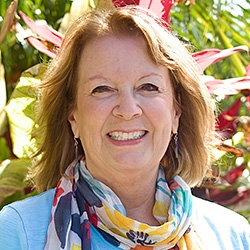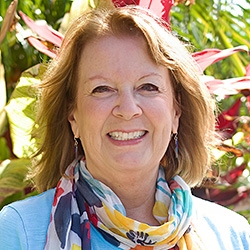

NVC Resources on Responsibility
-
Shift your mindset and learn to influence workplace culture with clarity and conscious choice.
-
Shift your view of leadership and learn to respond with clarity, power and purpose in daily life.
-
Clarity leads to compassion and empowerment with Robert's approach to NVC and transformation.
-
Penny Wassman shares this first workshop exercise as an opportunity to build connection.
-
Trainer tip: Feelings of hurt, anger, fear, and resentment can often sound alike. Fear and excitement have the same physiological effects on us, and are often expressed in the same body language. Clearly and specifically naming our emotions and the intensity level can help us resolve conflicts, with a much greater opportunity to get our needs met.
-
Trainer tip: Be aware of times when you are judging others, demanding, making comparisons, or denying responsibility for your actions. Notice how these communication patterns affect your connection with other people.
-
What would happen if you considered that time is a concept, and that it doesn't rule your life? What would it mean to make all choices based on needs and not on time? Do you obey the external rhythm of the clock over and above the internal rhythm of your life energy? This is an invitation into more responsibility, awareness, honesty, choice and freedom.
-
With practice we can prevent reactivity from overtaking and harming: notice signs of reactivity, bring compassion to it, see reactivity as the misperception of threat and a distortion of what's happening, plus engage and pursue connection and the clarity to weaken reactive impulses. In taking responsibility like this overtime, you can live from your values and from care. And life can get easier for you and others around you.
-
Responding to your own reactivity is an inside job. Robert reveals how your reactions are often a secondary reaction to a triggering stimulus, and that accepting responsibility for your reactions can lead to less blame and more inner peace.
-
Setting boundaries takes being firmly grounded in self-respect and clear about what works for you. This means making conscious choices about how you relate to another or behave in a situation. Such clarity allows you to put your attention and energy where you want it to go. Thus we can have care and compassion without taking responsibility for others, nor feeling guilty when we say “no”. This takes awareness, skills, practice, healing and compassion.

Quick Links
Subscription Preferences
Stay In Touch!
Looking for ways to keep up with NVC Academy news, get special offers, free resources, or words of inspiration? Here are five ways to stay engaged:










